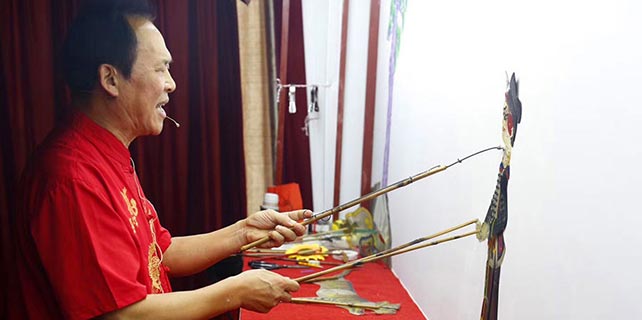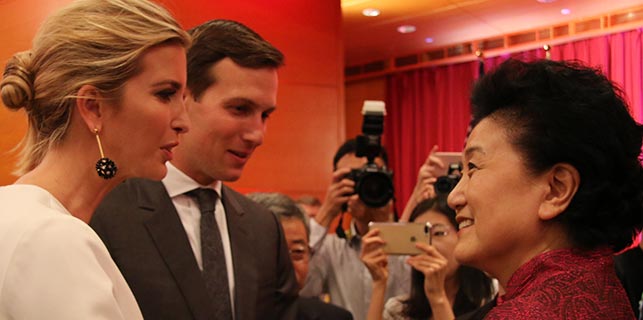Trailblazing Playboy founder dies at 91
LOS ANGELES - Hugh Hefner, the silk pajamas-wearing founder of Playboy who helped steer nudity into mainstream United States culture, died on Wednesday, the magazine announced. He was 91 years old.
Hefner, who in 1953 founded a trailblazing brand that would help usher in the 20th century's shifting attitude toward sexuality, died of natural causes in his Beverly Hills home - the famed Playboy Mansion - according to a statement from Playboy Enterprises.
The consummate playboy outlived both the sexual revolution he fought for but also some of the famous buxom pinups to grace his groundbreaking magazine's centerfold.
A self-proclaimed master of marketing, Hefner's skill for self-promotion made it impossible to untangle his image from his empire.
"My father lived an exceptional and impactful life as a media and cultural pioneer and a leading voice behind some of the most significant social and cultural movements of our time in advocating free speech, civil rights and sexual freedom," his son Cooper Hefner, Playboy Enterprise's chief creative officer, said in a statement.
Hefner married university classmate Mildred Williams in 1949, a union that would last 10 years and produce two children, Christie and David.
"I tried the more traditional way of living life, but it really didn't work for me," he said.
After being struck by fears that he would end up following his parents' zipped-up lifestyle, Hefner - who had worked in jobs ranging from assistant personnel manager to promotion copywriter at Esquire magazine - decided to take dramatic action and start his own magazine in 1953.
"When I saw that skirt lengths were going down instead of up and that, instead of a celebration after World War II, we were getting repression and conservatism, I knew that wasn't progress," he said.
His brainchild shook up the postwar US by being honest about sex and introducing a whole new lifestyle for well-to-do bachelors.
Well past retirement age Hefner continued to take an active role in the editorial side of his magazine, choosing covers and Playmates each month.
Late into his life he also frequented nightclubs and maintained a bevy of young girlfriends.
In a 2003 interview, Hefner said he "would like to be remembered as somebody who had a positive impact on the changing social sexual values of his time".
"I think that position is pretty well secured," he said.
Agence France-presse
















